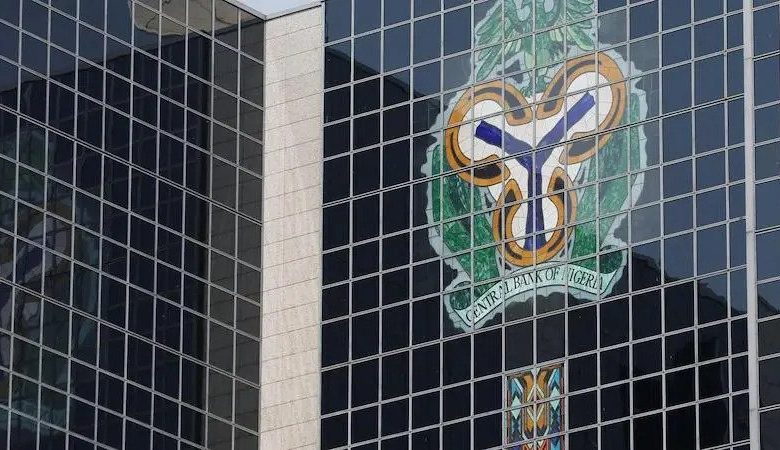Central Bank of Nigeria CBN, Explained

The Central Bank of Nigeria, CBN is often regarded as the lender of last resort. It regulates and licenses the activities of all other financial institutions in Nigeria as well as set the country’s monetary policies.
The CBN is a government institution with all its functions enshrined in the constitution. To fully understand what the CBN is, it is important to understand what it isn’t. Unlike most financial institutions that are profit driven, the apex bank does not seek to make profits, rather its budget is from a government grant determined by parliament.
New CBN cashless policy
As a part of its responsibility of setting the monetary policies in Nigeria, starting from 2023 the apex bank has announced that it would be more stringent for Nigerians to access cash, the plan is for the majority of transactions performed in the country to be digital. The main reason for this is that the CBN said cash in circulation in Nigeria is now over 50 trillion Naira and it cannot account for most of it. But where is all this money coming from if the CBN does not have control over such a huge sum of money?
Intervention loans: Part of the money in circulation in Nigeria is coming from the CBN itself in terms of intervention loans it routinely gives to stimulate the economy. Loans such as the NIRSAL loans given to farmers and small scale entrepreneurs to mitigate the effects of Covid means plenty of money pumped into the economy.
Counterfeited cash: Cash counterfeiting by criminals is a huge problem in most economies. Criminals can print large sums of money and spend it on unsuspecting members of the public, thereby tainting legitimate financial institutions. Counterfeiting is one of the main reasons why the CBN is redesigning some of the country’s naira notes to render previously hoarded and counterfeited notes useless.
Remittances: When people living abroad send money home, but the money was not remitted through a CBN-licensed remitter, such funds can become very hard for the CBN to account for. Peer-to-peer platforms and cryptos are some of the most difficult transactions for the CBN to track. People use unlicensed remitters for a variety of reasons including cheaper fees or illegal transactions.
Why the CBN wants to implement the cashless policy
Having too much cash flowing around in the economy without control is bad. Criminals like armed robbers and kidnappers rely heavily on cash, without which they will find it more difficult to extort their victims.
Tight control of the money in circulation will also enable the CBN to plan and control inflation.
FAQs
Here are some general FAQs on the activities of the CBN.
Why is the CBN redesigning the Naira notes?
Currency redesign is common for regulators around the world. But the main reason the CBN is redesigning the naira notes at this moment is to stay ahead of counterfeiters and hoarders as the 2023 general elections approaches.
Does the CBN gives loans?
The CBN is the lender of last resort, it does not compete with commercial banks to give loans to individuals. However, the apex bank does have intervention funds where it intervenes in the economy to give specific loans to specific sectors of the economy.
Does the CBN prints dollars?
No, dollars are printed by another apex bank in another jurisdiction. The CBN only prints and controls the supply of the naira.
What is the CBN dollar rate?
The CBN dollar rate is the official exchange rate set by the apex bank, the rate is different from the parallel market rate which is determined by demand and supply. Most of Nigeria’s foreign exchange earnings from crude oil sales are deposited with the CBN and it can use that money to maintain the official exchange rate.
